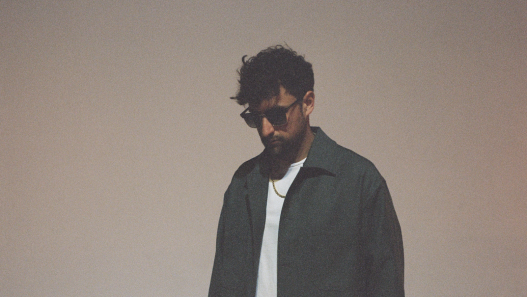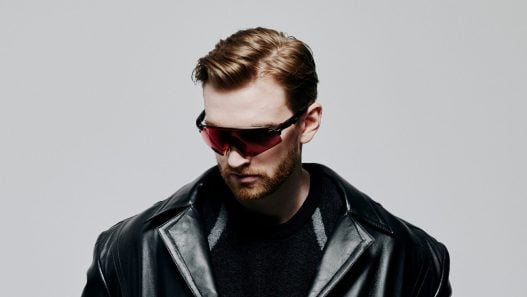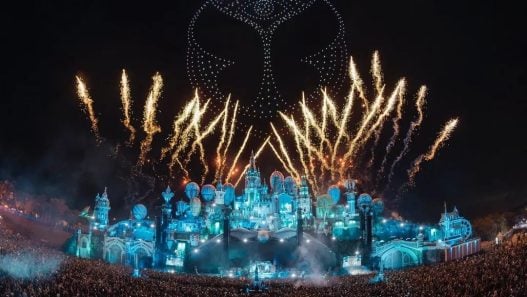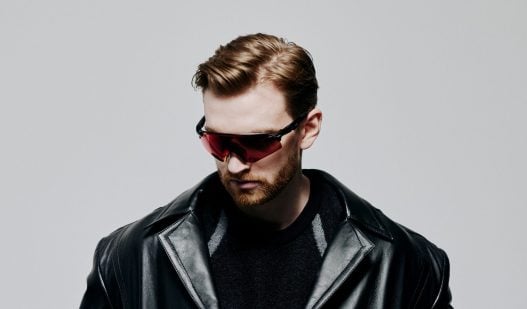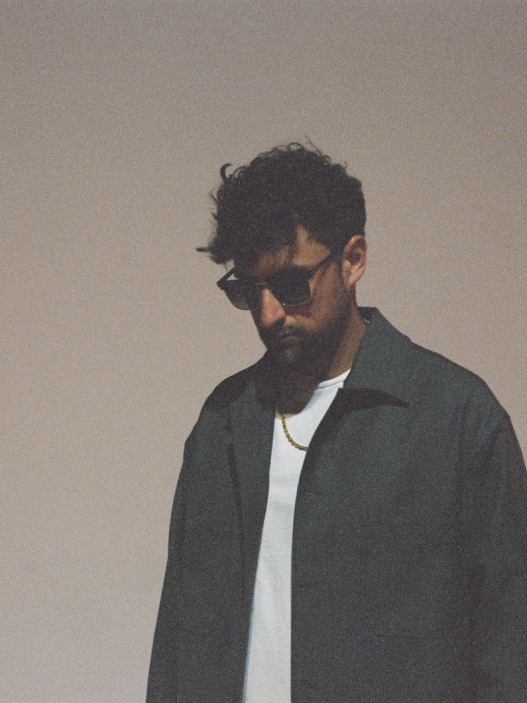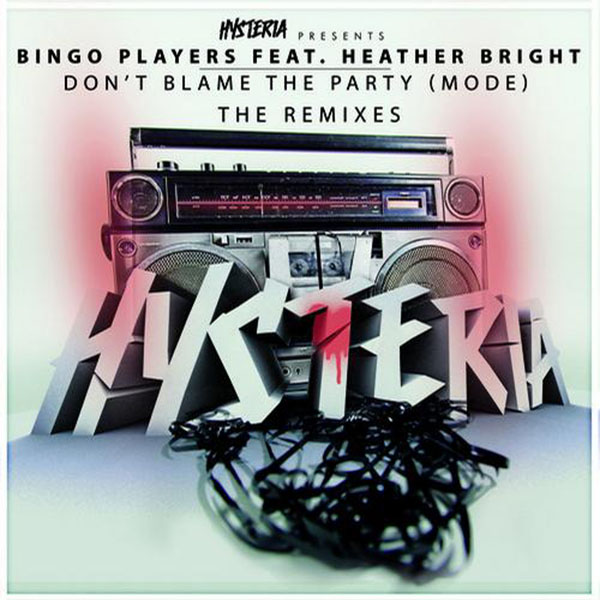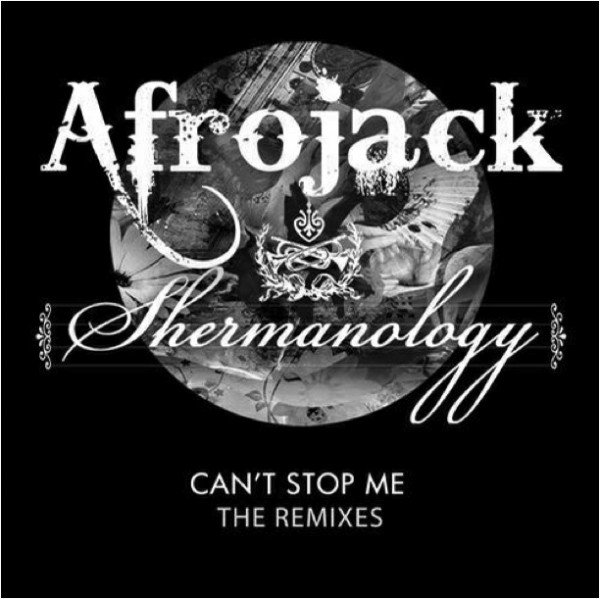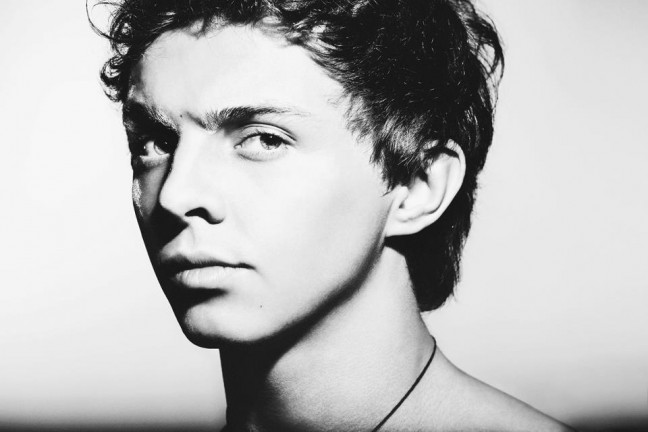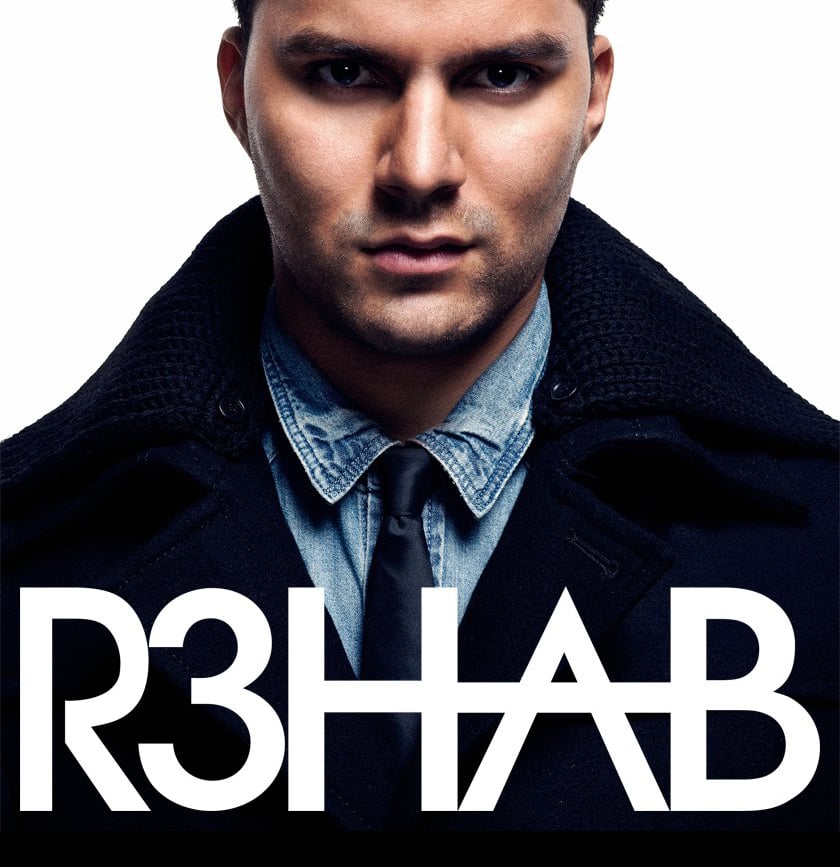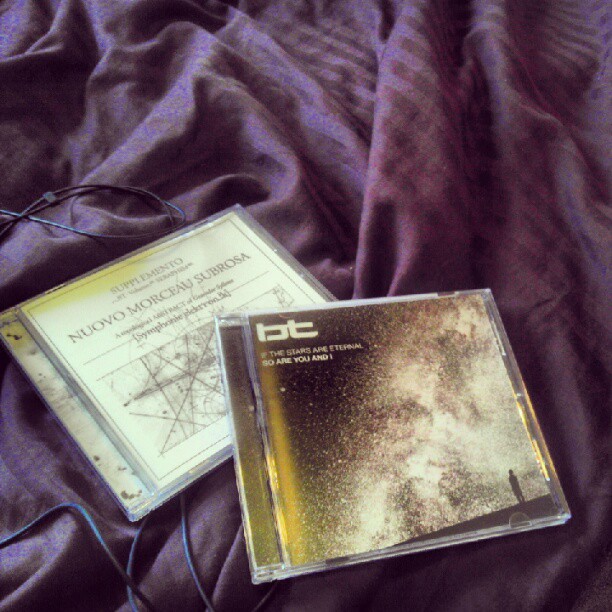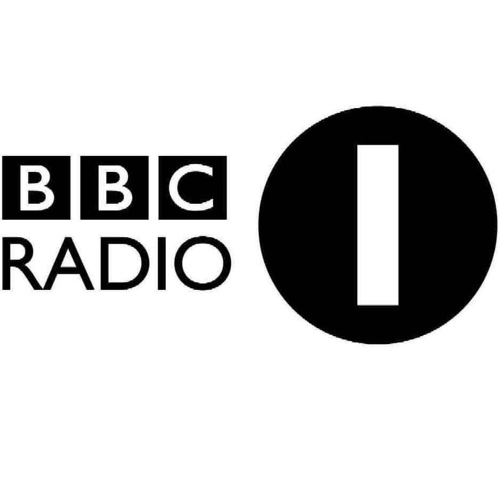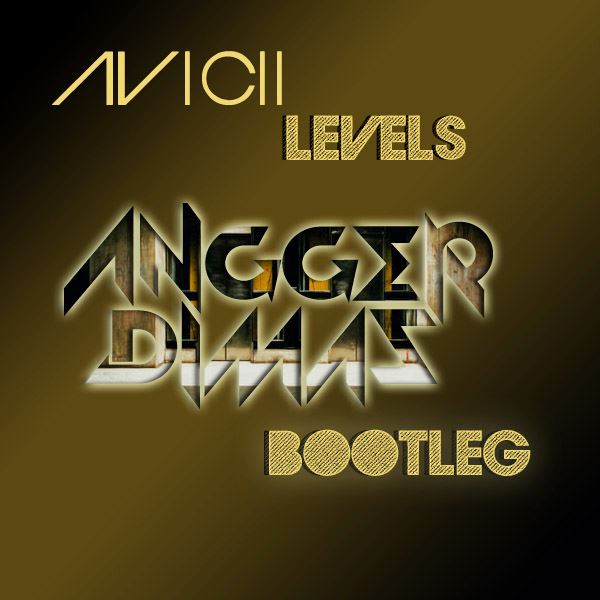Chris Avantgarde’s boundary-pushing sound has carved a distinct space in the electronic music landscape. His ability to merge elements of techno, progressive house and experimental influences into an immersive auditory experience is unmatched. Originally from Germany, but now based in London, Chris is a classical and jazz trained multi-instrumentalist, whose compositions have appeared in video games, Netflix series and films. His collaborations with artists like Anyma, and releases on renowned labels such as Afterlife and Virgin Records garnered him a loyal global following and critical acclaim.
Now, with his new imprint Hyperreal, and forthcoming album of the same name, Chris is embarking on another monumental new chapter. In this interview, we talk to Chris Avantgarde about the concept behind his Hyperreal imprint, the label’s debut single ‘Energy’, his forthcoming album and more.
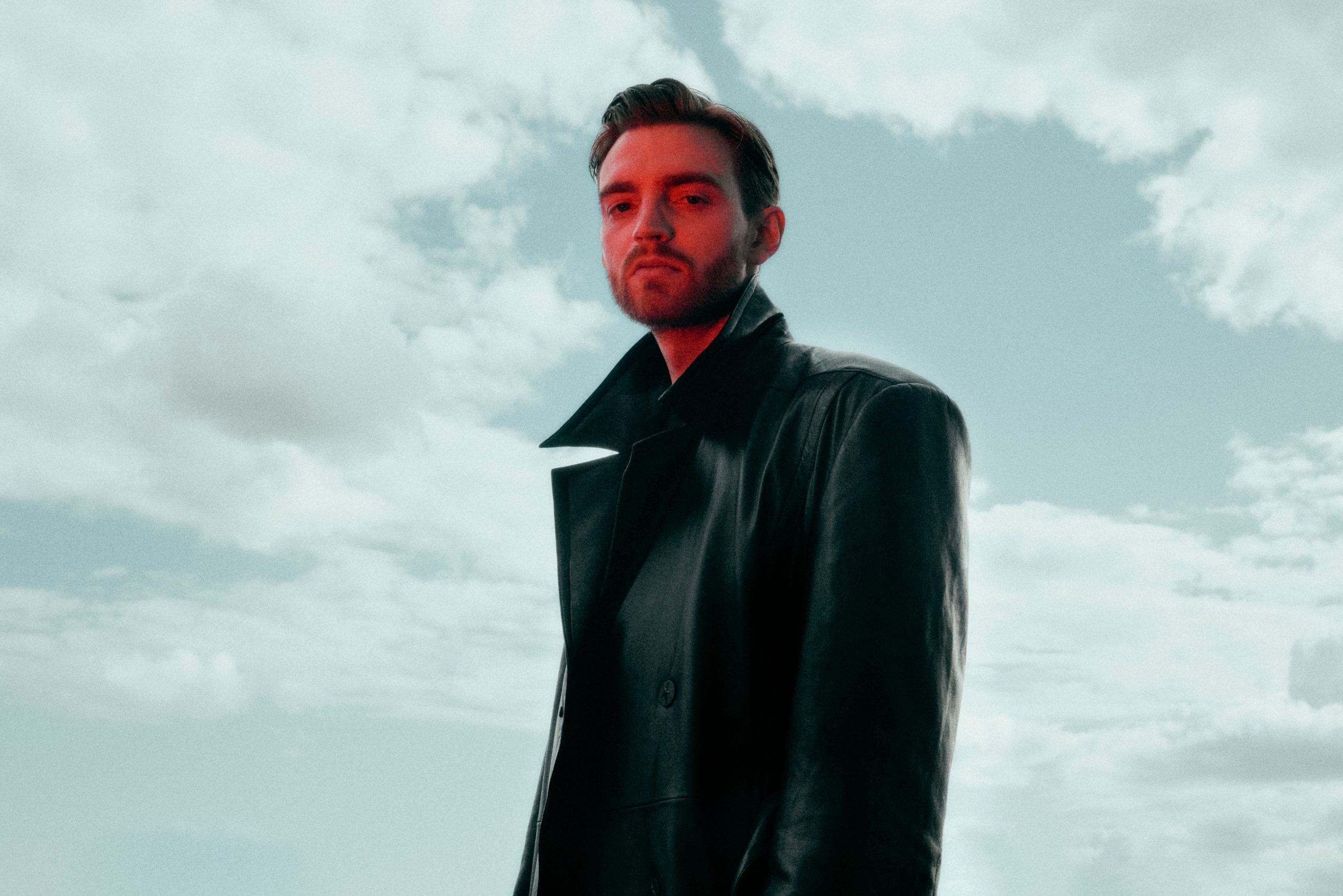
Congratulations on the release of your new single ‘Energy’ and the launch of your label Hyperreal! What was the initial inspiration or emotional state that sparked ‘Energy’? Was there a specific moment or idea that set it in motion?
‘Energy’ is a song that intends to blend two different worlds for me, on one side the hypnotic and story telling aspect I love to have in my music and on the other the raw rave and timeless nature of dance music records I love. Inspired by acts such as Underworld and Faithless I wanted to bring a similar energy into my own world.
Launching Hyperreal is a monumental move. You’ve described the label as having a “no-compromise approach to originality and quality in club and electronic music”. What does this look like to you in practice, and how do you aim to sustain that ethos as the label grows?
I think in practice that means keeping the promise to myself to really just trust myself when judging the quality of the music regardless of factors such as viral moments, follower count or genre restrictions. I want to support music that moves me emotionally and physically and often times I think these core principles can get overshadowed by paying too much initial attention to marketability. I’ll try and lead by example first and foremost, putting out music in different lanes of genre and intensity while maintaining an ethos that focuses on originality and pioneering spirit, then extending that approach to the music of others that I love as a second step once my album is out.
The launch of Hyperreal also marks the launch of your debut album! Can you dive into some of the themes of the album as well as your artistic approach to it?
My favourite memories of going out to club nights and festivals are the ones where the entire night felt like a journey through sound. Like a movie that ends with friends sitting on a rooftop somewhere with the sun coming up after a night of dancing. Those nights don’t just start or end in the club, they start at home, in the car, in a bar or in someones kitchen and end in new friends and memories. I wanted to create an album that serves all of those moments, from the warmup all the way through to the afters. From moments of pure escapism to moments of true connection. The album is an attempt of trying to put those feelings into a time capsule.
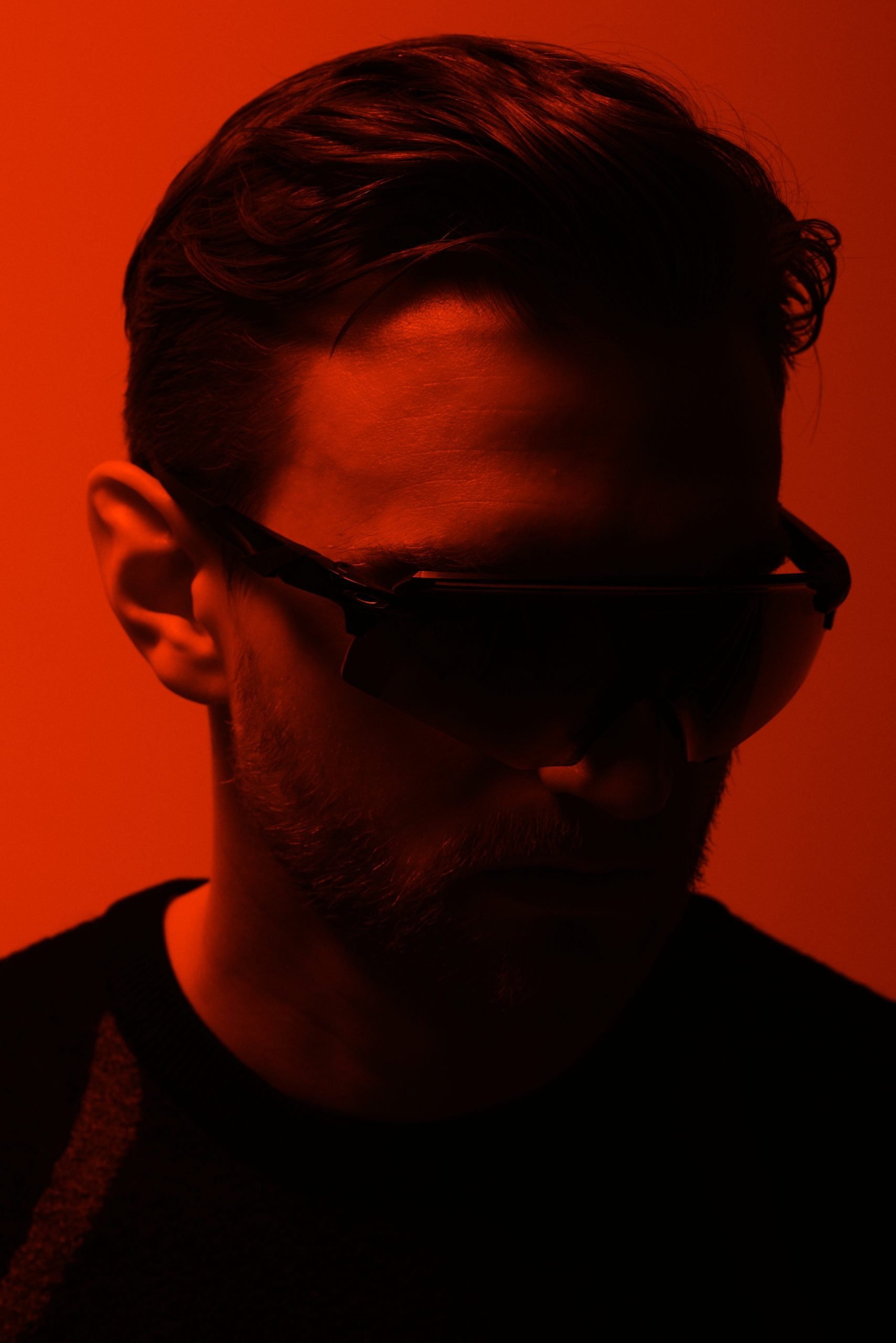
Your music feels precision-engineered yet quite emotionally resonant. How do you strike that balance between technical precision and authenticity in your production process?
For me authenticity comes down to not caring too much about what others think of the output while making it. Does the music I make move me in any way and does it truthfully speak to a wider message I’m trying to convey? That message doesn’t always have to be deep and meaningful, but as long as it feels genuine in the process I believe it upholds the quality of authenticity. And I think that is what eventually makes songs emotionally relatable and meaningful. The objective quality and precise approach to production are important but secondary, they’re a means to an end to get that feeling across the best way possible, and when that works I think thats when that balance is struck.
As someone that’s performed at major festivals like Ultra, EDC and Tomorrowland, how has the experience of reading massive crowds shaped the design and atmosphere of a track like ‘Energy’?
There’s always an element of crowd control in mind, especially when it comes to arrangement. Not just for crowds as big as the festivals but also for the club shows. It’s a fine balance to make music that works in both settings and it’s not always easy to do, many records including my own could be considered too big for the club or too intimate for a large festival stage. As a DJ you find that out the hard way I suppose. ‘Energy’ has been shaped by both of those experiences and is trying to strike a balance that works for both.
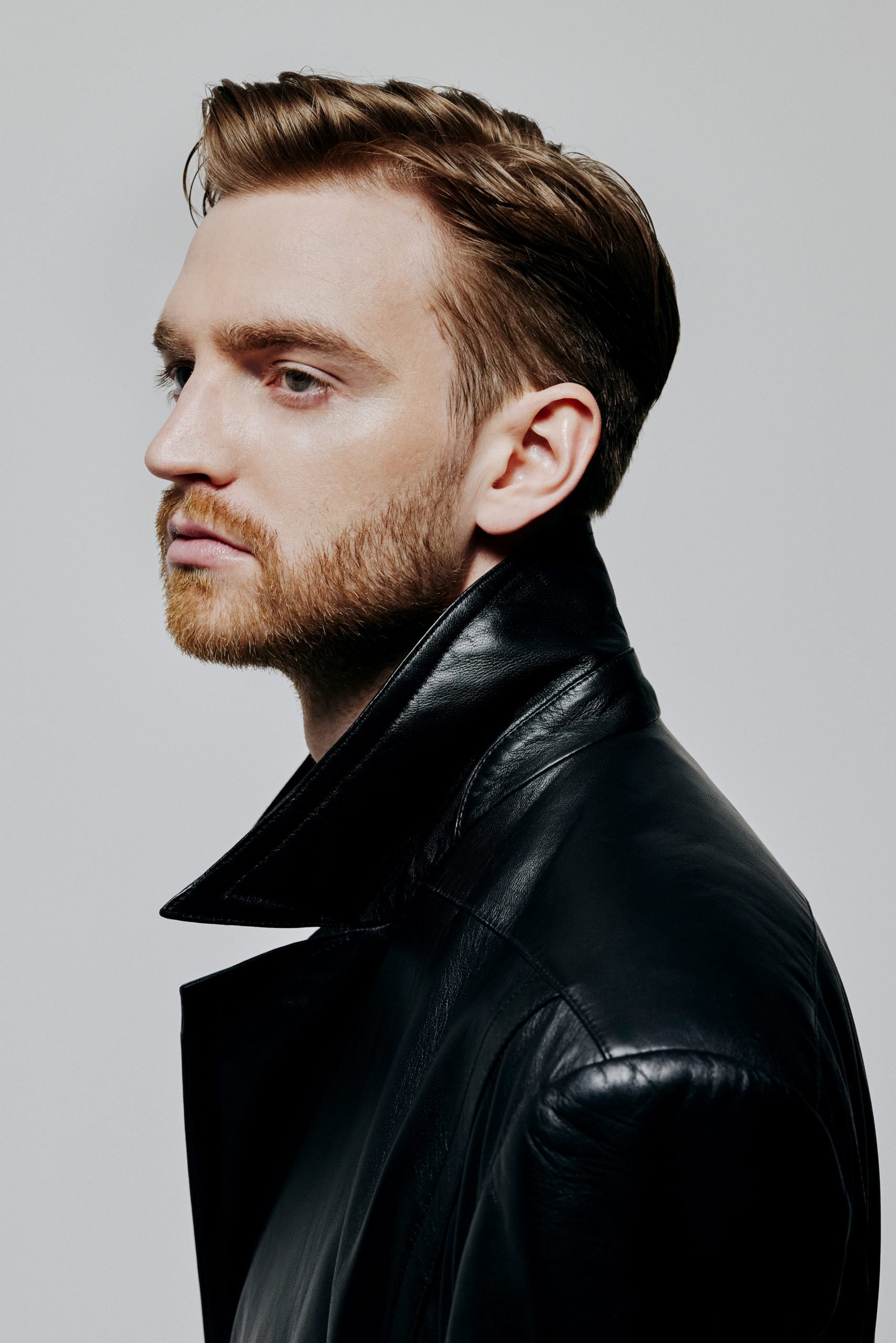
You mentioned Hyperreal will carry your “signature on every piece of output.” How do you define your sonic signature, and how has it evolved recently compared to your earlier work?
I think a core cinematic element is the signature, music that inspires imagery. Largely influenced by my work in the film & tv industry its shaped my sound into what it is today and I’m looking to maintain that throughout the output of Hyperreal.
You’ve already collaborated with some of the most influential names in the scene right now. Who are some of the artists (emerging or established) that you’d like to bring onto the Hyperreal roster?
I’ll refrain from naming specific names and want to give a more broad answer. Hyperreal has an open door policy for my peers as long as it aligns with the sonic vision. I also don’t want to restrict myself to just a certain subset of artists or projects, the process of finding music is quite fluid so I want the decision of who to bring onto the roster to be driven by the music first, not by the artists’ standing or our relationship.
You’ve also spent over a decade behind the scenes as a producer. What has stepping into the dual role of label head and front-facing artist taught you about the electronic music ecosystem and about yourself?
The biggest aspect of public-facing vs behind the scenes is definitely how political the industry can get. From billing to aligning release calendars to strategy, it’s all very different compared to working solely as a writer and producer and certainly comes with its own challenges. When working for others your own artistic vision has to be put on hold for that process and you do everything in your power to make the artists’ or clients’ vision come to life, which teaches a lot about what makes the end product the best it can be regardless of personal taste.
Learning to manage that distance can actually be incredibly helpful when getting stuck in my own creative process as sometimes I would ask myself “what would I do if this was a song for a different project?” Which can often help with actually finishing records I was once stuck on. I love both worlds as they benefit each other indefinitely.
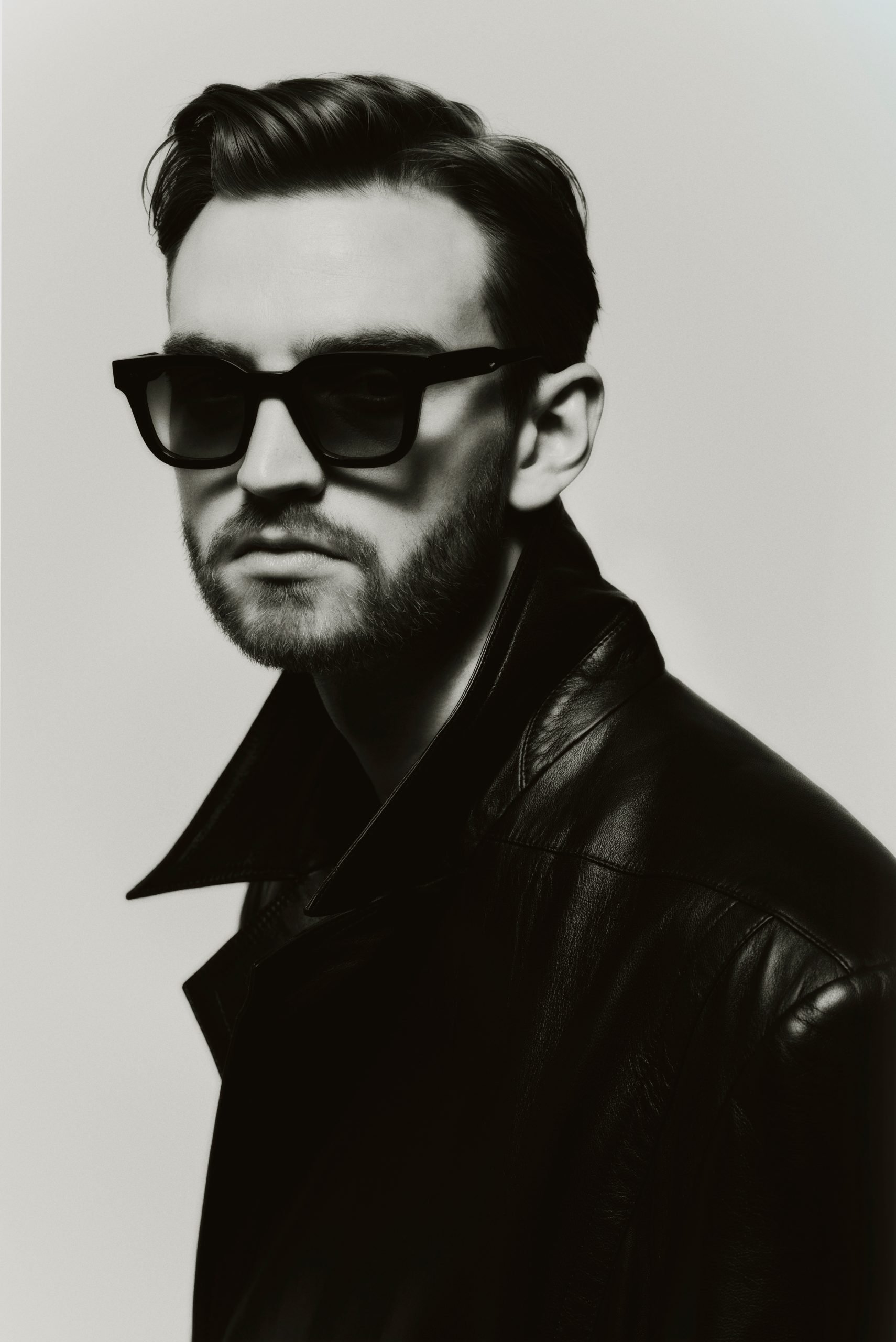
What three words would you use to describe the sonic universe of Hyperreal?
Moving. Timeless. Real.
What does the rest of 2025 have in store for you?
Wrapping up the tour calendar with shows in North & South America and some more dates around Europe. Musically continuing to roll out the album singles, the next one ‘Down For The Night’ coming in October features my good friend Poté, then after that a song called ‘The Other Side’ with Eddie Thoneick featuring Kisch. Very excited about these next songs and looking forward to what the future holds.
Chris Avantgarde’s upcoming tour dates:
Nov 02: Ritvales – Medellin, Colombia
Nov 07: Alsina – Buenos Aires, Argentina
Nov 08: Espacio Riesco – Santiago, Chile
Nov 17: Dreamfields – Puebla, MX
Follow Chris Avantgarde:
Website – Facebook – X – Instagram – TikTok – SoundCloud – Spotify – Apple Music – YouTube
Follow Hyperreal:



